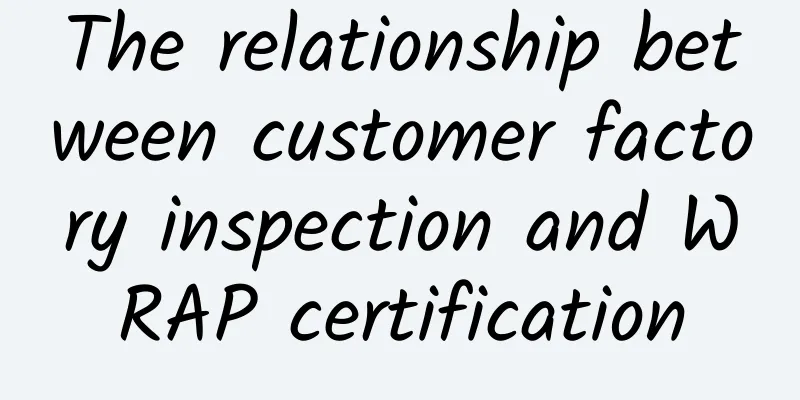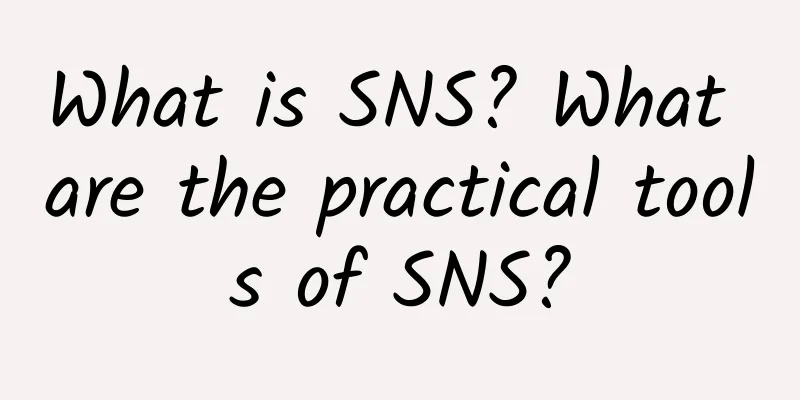The relationship between customer factory inspection and WRAP certification

|
Factory inspection is simply that the business itself or entrusts a third-party organization to inspect the factory to see if it meets its requirements. Factory inspection is nothing more than three aspects: social responsibility inspection, anti-terrorism inspection, and quality inspection. If you pass these certifications, you will become a supplier. Among them, social responsibility factory inspection is also called moral factory inspection and human rights factory inspection. It mainly includes child labor, forced labor, discrimination, freedom of association, wages and benefits, working hours, environment, health and safety, etc. There are two anti-terrorism factory inspections today, C-TPAT and GSV. Including physical security, procedural security, personnel security, information security, logistics security, anti-terrorism awareness training, access control security. Quality factory inspection includes raw material control, production process control, finished product inspection, and customer complaint system. The social responsibility factory inspection adopts the WRAP standard. The benefits of passing the factory inspection and the principles to be followed: |
>>: Six key points to note in the factory inspection process
Recommend
EUROPEAN FLAX European hemp certification application process
1. What is European Flax? UROPEANFLAX; _High qual...
About the initial social responsibility audit content of BSCI certification
The initial social responsibility audit of BSCI c...
VAT cross-border finance and taxation: How to register a German VAT account?
Why do we need to apply for VAT? According to the...
What is Postman Pony? What services does Postman Pony have?
What is the Postman Pony? Postman Pony is a one-s...
SA8000 Certification Management Review
SA8000 Certification Management Review Products C...
How is Yilong Express? What are the international express routes of Yilong Express?
How about Yilong Express? Yilong Express Co., Ltd...
The three main points of the relationship system of ISO14001 certification standard
The relationship system of ISO14001 certification ...
eBay store opening strategy - item listing rules
There is a very important strategy for opening a ...
Walmart's new orange fire light in 2013: training, employee awareness and fire extinguishing system
Training and employee awareness 1. Joint fire fig...
Pixmania - Europe's Cheap Electronics Store
What is Pixmania? Pixmania is Europe's No. 1 ...
Three-point standard of ISO9000 health inspection content
(1) The offices of each department should be clea...
What is Gougou.com? What services does Gougou.com provide?
Gougou.com is a website that provides a platform ...
What is Dianxiaomi? Is there any charge for using Dianxiaomi?
What is Shop Secret? Dianxiaomi is a SaaS system ...
Ann Taylor factory inspection quality audit procedures
Ann Taylor factory inspection quality audit proce...
Warning signs required for BSCI factory inspection-Warning signs for hazardous chemicals
Warning signs required for BSCI factory audit: ch...









